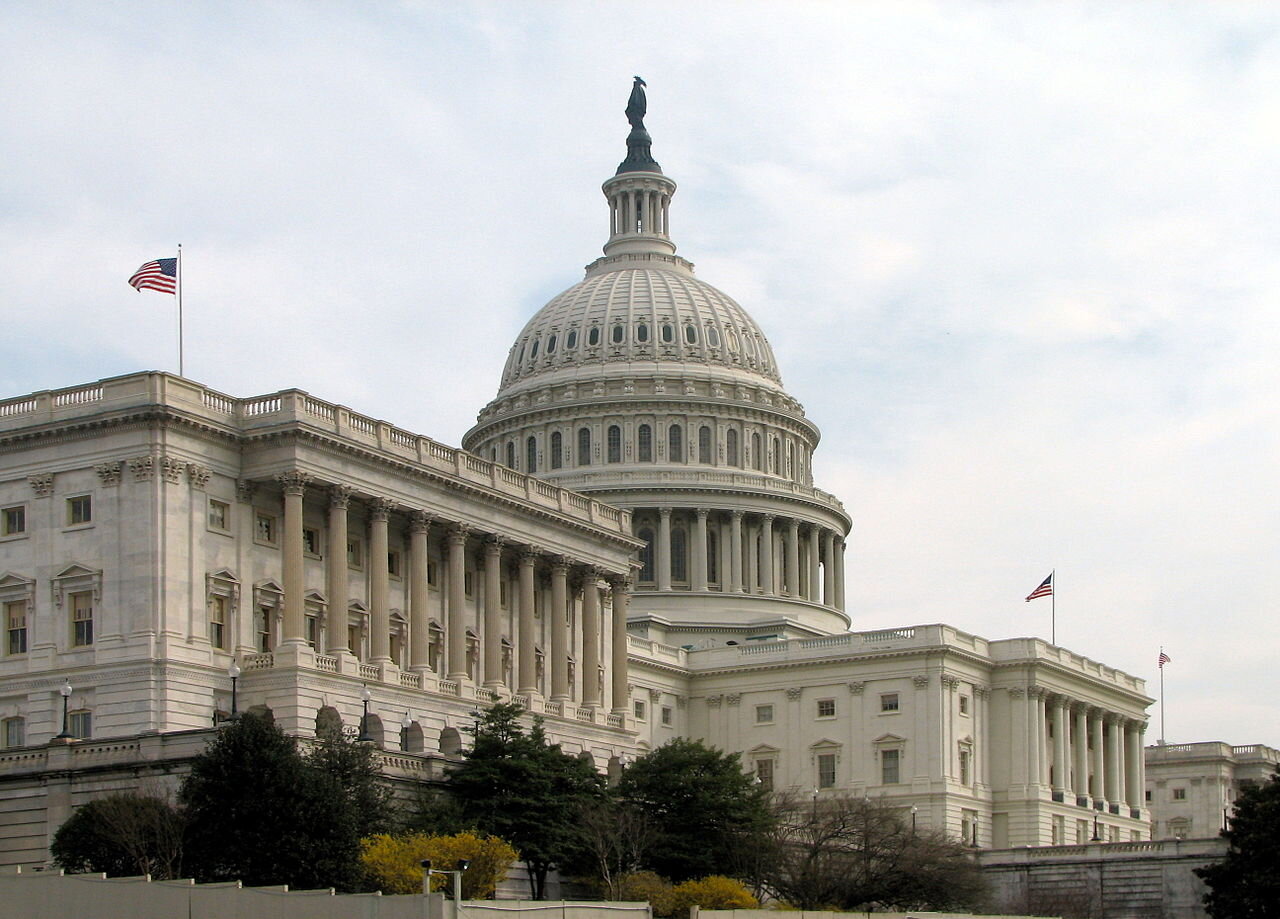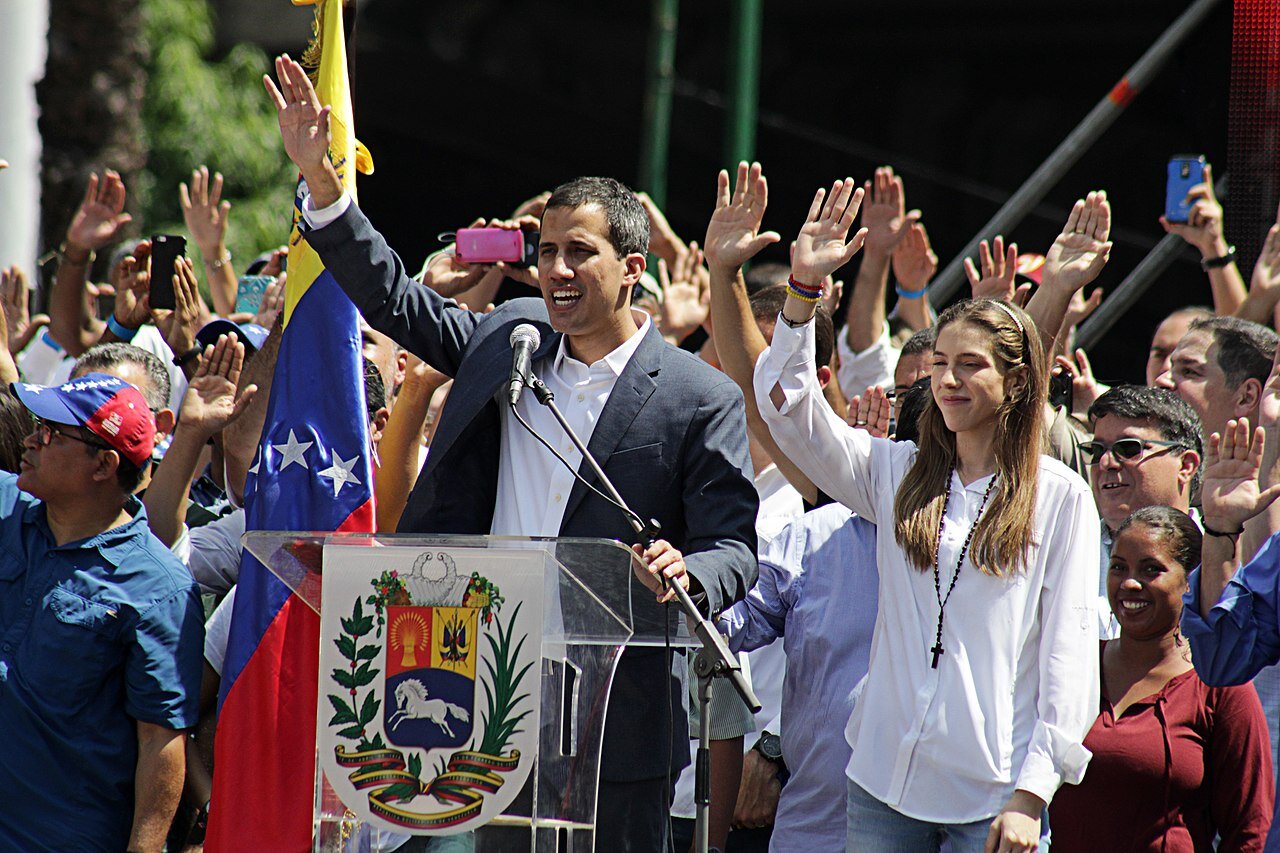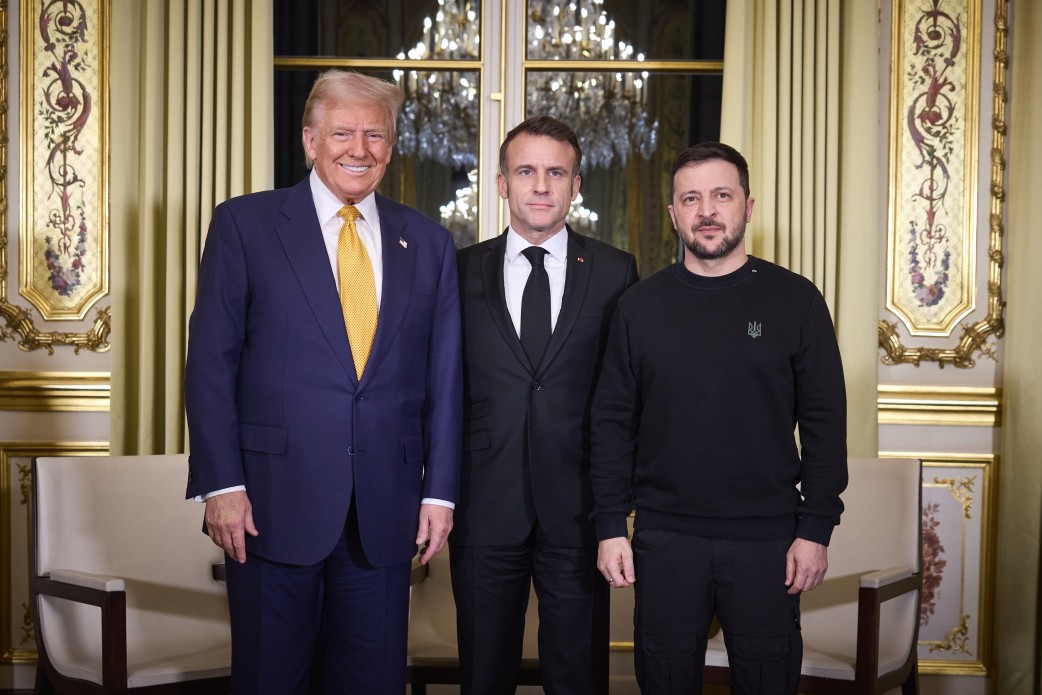Over the last 12 months, there have been several large calls for renewed or continued interventionist foreign policy across the world from both houses of Congress.
This same period saw Rep. Ro Khanna (D – CA) sponsor the No War With Iran Act, and move to repeal to 2002 AUMF for the Iraq War It also saw other pieces of legislation from Senators Bernie Sanders (D – VT) and Bob Menendez (D – NJ) to try and stop arming Saudi Arabia in their war against Yemen.
However there has also been a contrast in the form of sweeping bipartisan calls for going or staying abroad for the purposes of seeking and slaying monsters.
These calls to arms have been justified as necessary to counter Russian influence in places like Syria, Iranian influence in Iraq, Chinese influence across Africa, and also to prevent the return of terrorist organizations like ISIS in various countries.
Keep Iran under embargo
On Thursday 382 members of the 429 member Democrat controlled house drafted a letter to President Donald Trump urging him to pursue diplomatic efforts to renew an arms embargo on Iran that expires this October.
“The U.N. arms embargo is set to expire in October, and we are concerned that the ban’s expiration will lead to more states buying and selling weapons to and from Iran,” said the letter, reported on by Reuters and led by Representatives Eliot Engel, chairman of the House Foreign Affairs Committee, and Mike McCaul, the committee’s top Republican.
“We urge you to work with allies and like-minded partners, including through a new United Nations Security Council resolution, to extend these provisions in order to prevent Iran from buying and selling weapons, while also working to increase accountability for violations of the existing embargo,” the as-yet unsent letter said.
According to the report from Reuters, Trump has been taking a harder line at the UN Security Council on the Iran question, and has been threatening a return of all the pre-Obama era nuclear deal UN sanctions on Iran unless the 15-member council doesn’t support a renewal of the arms embargo.
“Our focus is on engaging in thoughtful and measured diplomacy with all the relevant parties to successfully negotiate a renewal of the U.N. arms embargo,” said U.S. Special Representative to Iran, Brian Hook. Russia’s Ambassador to International Organizations in Vienna, Mikhail Ulyanov admitted that regardless of U.S. hopes, Moscow has said it will veto any such measure.
“They are well aware of our negative attitude towards this step and allegedly are working on a fall-back option,” said Ulyanov. Such a fallback option would likely be aforementioned threat of sanctions, and would be a “messy diplomatic battle”.
However this is just the most recent example of bipartisanship leading to further U.S. intervention elsewhere.
War in Syria should continue
Last May, 400 representatives – a massive bipartisan coalition – wrote a letter to Donald Trump stating that the U.S. should not withdraw from Syria, stating concern about threats of an ISIS reemergence.
Last December, Trump addressed an Iraq military base saying: “America shouldn’t be doing the fighting for every nation on earth”. Afterwards he announced that he would be pulling all troops out of Syria which caused Sec. of Defense James Mattis to resign.
The letter from the House warned against abandoning “pockets of ungoverned space,” where terrorist groups can launch attacks – not against U.S. citizens, but against “U.S. partners and interests”.
“At a time of grave uncertainty in the Middle-East, we are deeply concerned about the role terrorist and extremist groups and U.S. adversaries continue to play, particularly in Syria,” reads the letter’s opening statement.
This was after ISIS had been driven from their last territorial holdings, and after Trump’s cruise missile strikes against Syrian military assets and infrastructure. If military operations like these and others like Operation Timber Sycamore, which saw the U.S. arming paramilitary groups in the country were not carried out, Bashar al-Assad might have been able to deal with ISIS on his own, or at least come to inhabit or eliminate “pockets of ungoverned space”.
This sort of reckoning was behind the Stop Arming Terrorists Act, a landmark participation of Rep. Tulsi Gabbard’s (D- HI) tenure in Congress; a bill that must have made some Americans wonder why such an amendment was necessary as the freshman Congresswoman discussed the rationale behind it during her campaign for president last year.
PICTURED: Self-declared Interim-President of Venezuela Juan Guaido holds a March in Caracas, Venezuela.
Bipartisan support in Venezuela
Similar bipartisan support has been repeatedly demonstrated during the political and sanctions crisis in Venezuela.
After Nicolas Maduro’s re-election victory of 2018 which was declared corruption free by a team of over 100 international election observers from many different countries, aligned and non-aligned, an unknown junior political figure named Juan Guaido was supported by Democrats and Republicans in the House, Senate, and the Executive.
World at Large has followed the political situation in Venezuela closely all last year, and despite being hounded by an almost humorous number of political scandals ranging from international aid embellishment to pretending to be abused by police officers, to alleged involvement in a conspiracy to sell Venezuelan drilling leases to Exxonmobil, Guaido’s appearance at Trump’s recent State of the Union address, which drew rapturous applause is example enough of the consensus in Washington regarding the socialist South American nation.
Bipartisanship is often lauded as examples of a successful democracy and effective government. Maybe that’s the case in areas like infrastructure or conservation, but in foreign policy it tends towards expensive, sometimes murderous, and all together ineffective interventionism.




